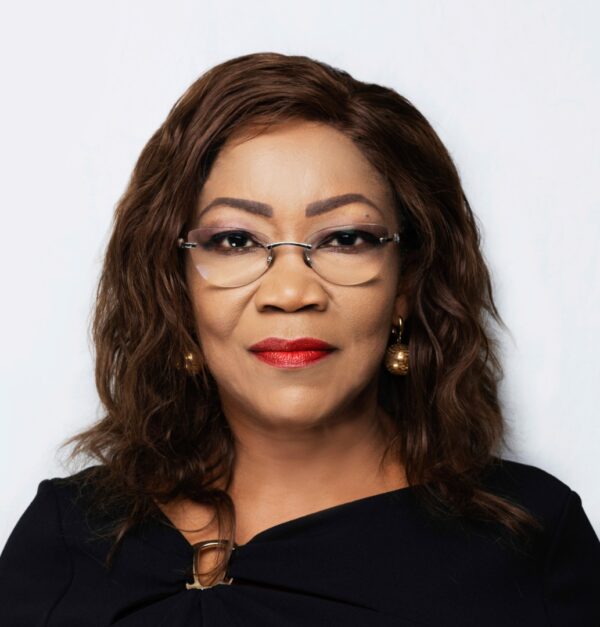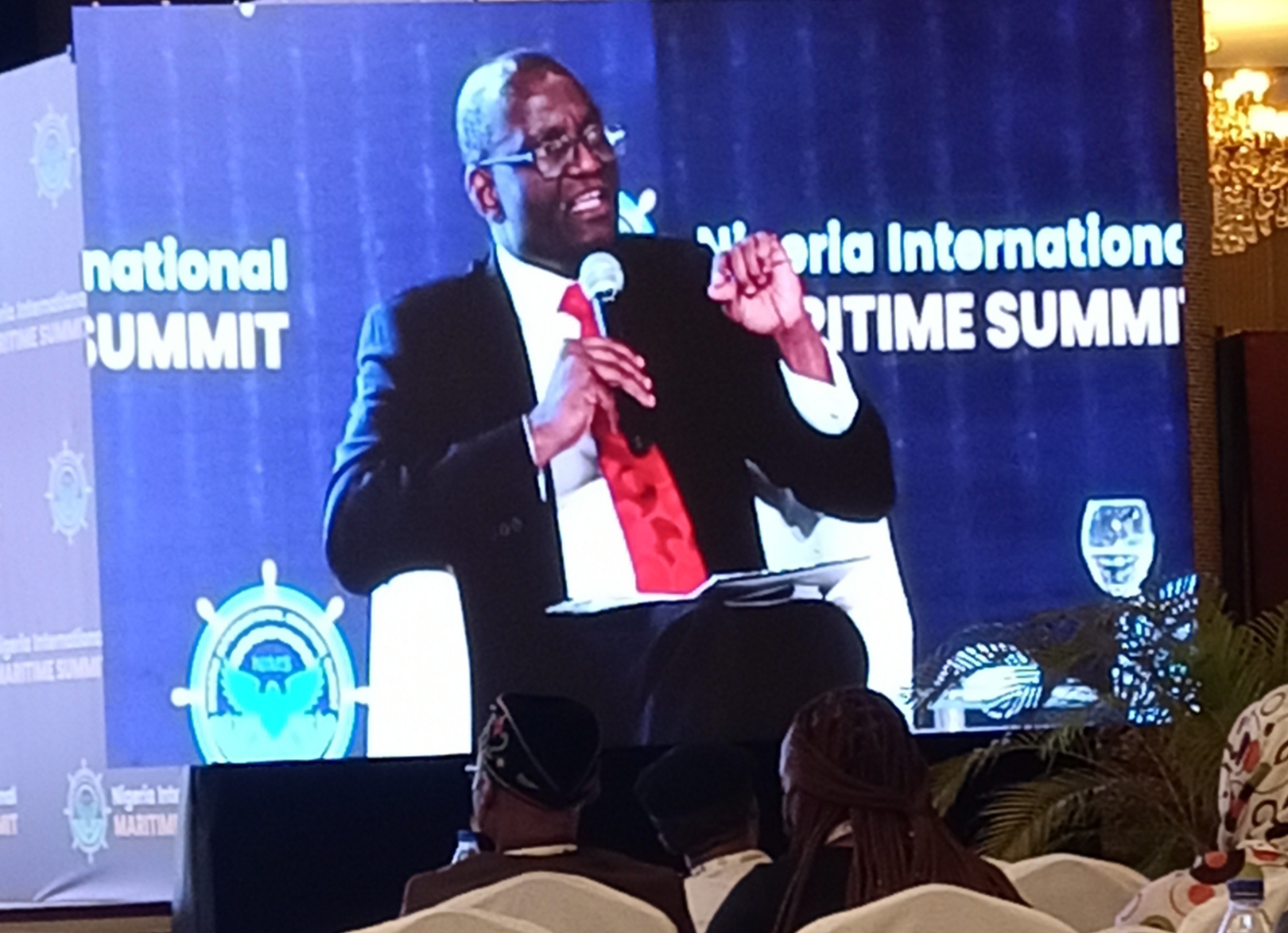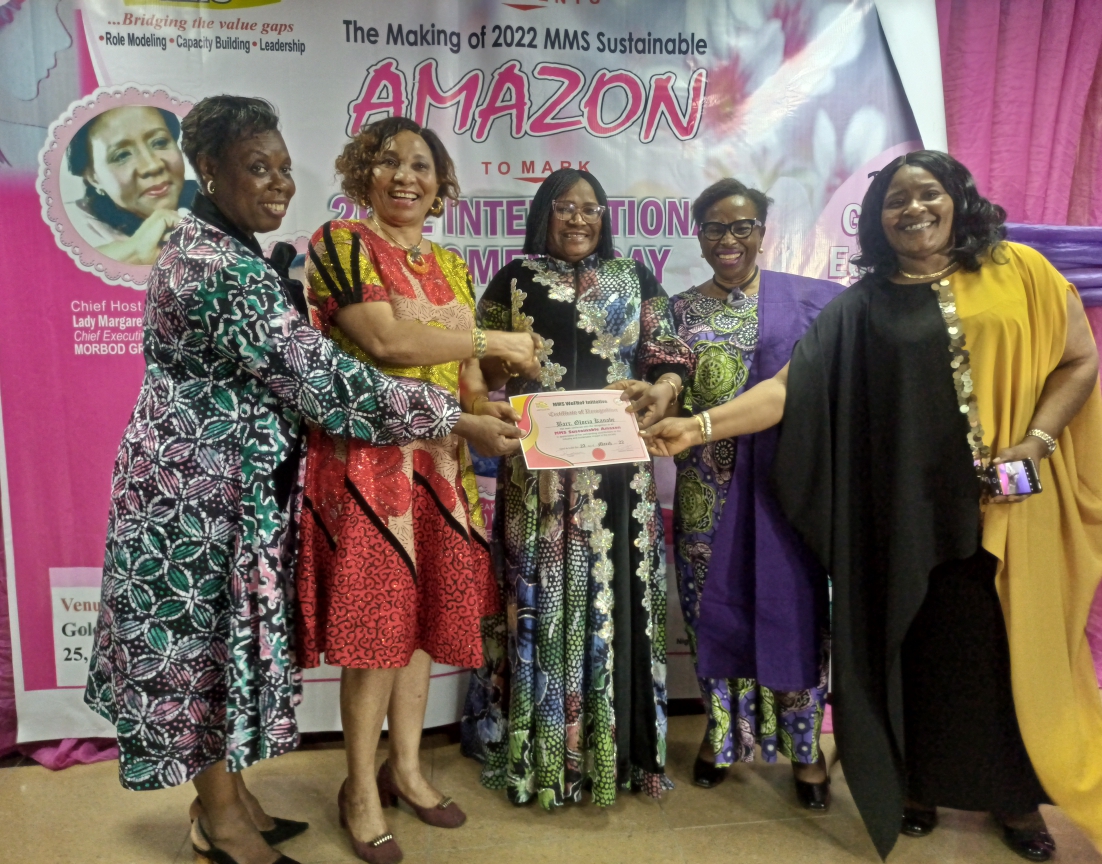Why Nigerian Ship Owners Fail Compliance Regulations

- How to beat IMO minimum operating standards
- Experts demand peculiar regulatory standards from regulators
Paucity of funds and adequate planning have been identified as key factors working against the application of technology and effective regulations in the Nigeria’s maritime sector.
They emphasized the imperative of appreciating the peculiarities of the nation’s shipping space while domesticating the global conventions for local regulations, noting that this gap accounts for the weak enforcement of the regulations by the regulatory agencies.
The speakers equally identified the need for research and development as well as continuous capacity development in the emerging technologies to make the Nigerian maritime industry competitive in the global market.
It was noted that many Nigerian shipowners are not capable of leveraging technology or complying with the domesticated international regulations to enhance operations as a result of financial constraints and capacity limitations following which they called for assistance from the regulatory bodies.
The International Maritime Organisation(IMO) de-carbonzation and zero emission by 2030 and double-haul vessel policies were cited as examples of regulations that constitute hurdles to many Nigerian operators except the NLNG ship managers who demonstrated how important compliance is in international shipping, detailing how they have infused power limitation in ships so as to limit carbon emission.
They spoke at the one-day Maritime Roundtable Workshop organized by Utomapp Limited in collaboration with the Nigerian Liquidified Natural Gas(NLNG) Ship Management Limited in Lagos last week.
The theme of the workshop was :”Emerging Technology and Regulations in the Global Maritime Industry and Impact on the Future of the Nigerian Maritime Sector.”
The Convenor and Chairman of Utomapp Limited, Prof Pat Utomi in his opening remarks noted that technology has had a powerful place in shaping the fortunes of the global shipping industry while declaring that the fourth industrial revolution is anchored on Artificial Intelligence.
He enumerated a cocktail of digital technology the maritime sector could leverage for transformation and efficiency but regretted that regulators and legislators are always the snag in the strategy and speed for impact. They include Artificial Intelligence, Blockchain technology, Robotics, Autonomous ships and unmanned ports, Internet of things(IOT),Business data and analytics.
Utomi, however, added: ‘May be the creation of the Marine and Blue Economy Ministry is an indication that there is a waking up to the potential and possibilities in the sector. But the truth is that for a long time in terms of policy making, they have not fully come to understand the advantage of this long coastline. I have personally struggled through the years to get people to understand this.
“We do mainly breakfast meetings to bring people together to discuss the problems, how to energize it and how to make progress but the regulatory side has been lagging behind. They have not managed to stimulate the possibilities and part of the reasons is that people see this as part of a cash-cow place: ” I will send that my boy to go and run ports authority and make money; I will send that my person to go and run NIMASA”. We live in the age of aristocracy of talents. If you know the areas that can make changes in your economy, you don’t send boys to go and make money; you send those who have the capacity to open up the areas and transform your country.
“But because regulators and those who lead very often do not quite know what they are doing because there is a challenge of purpose, that is why the maritime sector is seen as a place they send people to go and make money. That is where we can solve the problem of the economy because the possibilities there are tremendous”, Utomi added.
Anchoring the panel session, the Chairman/CEO of Nipai Consulting Network, Dr. Chris Asoluka noted that the industry is faced with the challenge of innovation and regulations but “We have to be compliant and take advantage of a new beginning.”
In his contribution,the Chairman of Integrated Oil and Gas Limited, Capt. Emmanuel Iheanacho, said as much as it is imperative for the Nigerian Maritime Administration and Safety Agency(NIMASA) to enforce the domesticated conventions, Nigeria must not delve into every regulations. “We have to look at our situation and devise peculiarities to suit the conditions of operations in Nigeria”.
A panelist, Chief Executive Officer of BRICKS, Mr. Emmanuel Maiguwa, noted that there has to be a deliberate policy to implement the regulations of the International Maritime Organization(IMO) because of the peculiar limiting factors in the nation’s operating environment.
He said operators are more preoccupied with money yielding ventures than thoughts of regulatory compliance.
According him, “I don’t focus so much on IMO regulations . If I have a responsibility to develop the shipping sector, I will not use IMO regulations as a base because I understand that international conventions always lay minimum standards so that everyone else can comply. But I am not everyone else. It is the same thing they did to International Ship and Port Facility Security (ISPS) Code. The promoters of ISPS, the United States, the same year they signed ISPS Code ,they signed the Maritime Protection Act because they realized that the ISPS is not efficient to cater for the insecurity in the port and the maritime environment.
“Let us look at beyond NLNG fleet, beyond the operating tankers owned by our shipowners. By the way, if you look at the membership of the Shipowners associations, either SOAN or NISA you will realize that there are more boat owners than ship owners. Now, some of these vessels fall under the 400 gross tonnage outside the IMO regulations. So, what regulations do we have?
“We have to look at that and ensure that whatever we are developing takes cognizance of those supply chain reports in the maritime sector or blue economy if you like.”For instance, in the inland waters today, we operate a four- stroke engine in which you buy patrol and engine oil and mix together and pour into the tank. As it is burning it is burning engine oil, you see the smoke white. I don’t think that is allowed in Europe today. What advantage can we take from this technology?
If the National Inland Waterways Authority (NIWA) and Lagos State Waterways Authority(LASWA) and every other states’ water authority come together and phase out a two-stroke to a four-stroke engines, they will give a mandate to all the manufacturers on the specification of engines they want them to produce for Nigeria and put a censor in that engine, do you know what it will address?
“It will address insecurity because the censor will connect with whatever surveillance system that we have. We have central intelligence. “We are wasting our time with end users process because we cannot track the pirates. If we make sure that all the engines that ply our waters have this censor, then you have data and you have surveillance.
“We are not saying you should go back and say, no, this engine should not operate, you have to come up with a system to aid the people that will acquire this boat because they are expensive and they also have to be trained on how to operate it.
“These are some of the ways we can take advantage of the technology for us Nigeria first. By the time you are doing that you will realize that you are far away from what IMO is doing. But I perfectly understand that companies that sail internationally, train everyone that works in that organisation. They have been trained to be responsible because they know what it takes. They may not understand why can’t I do this? There are lots of companies today that cannot get NIMASA license unless there is demand for ISO. “







